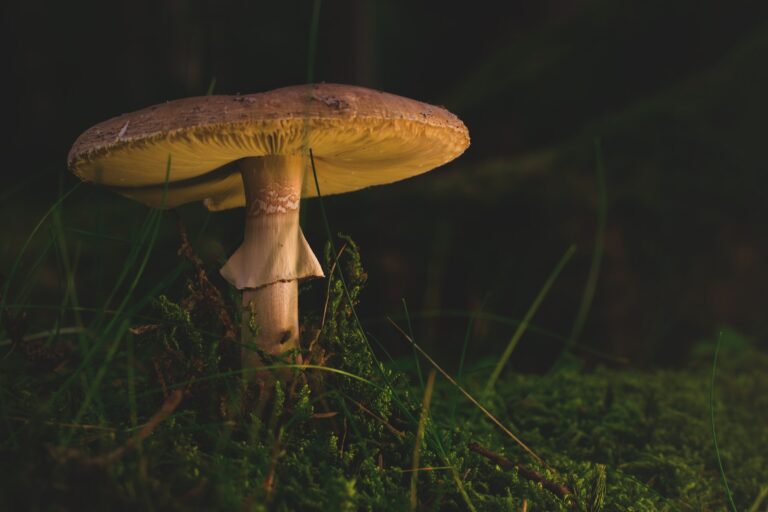Psilocybin, a naturally occurring psychedelic compound found in certain species of mushrooms, has gained significant attention worldwide for its potential therapeutic benefits. In this article, we explore the legal status, common terms, cultivation regulations, enforcement measures, and related government laws and links concerning psilocybin in Suriname.
Is psilocybin legal in Suriname?
Psilocybin is not explicitly mentioned in Suriname’s drug laws, but it is generally considered illegal due to its psychoactive effects. Suriname’s drug policy is primarily focused on preventing the production, trafficking, and consumption of narcotics, and its legislation is in line with international drug control conventions. As a result, the possession, cultivation, and distribution of psilocybin mushrooms are likely to be treated as criminal offenses under Surinamese law.
What terms are commonly used for psilocybin mushrooms in Suriname?
In Suriname, psilocybin mushrooms may be referred to by a variety of local terms, including:
- Paddo’s
- Magische paddenstoelen (Magic mushrooms)
- Psychedelische paddenstoelen (Psychedelic mushrooms)
These terms are similar to those used in other Dutch-speaking countries, such as the Netherlands, and reflect Suriname’s linguistic and cultural ties to the region.
How are psilocybin mushroom cultivation regulations enforced in Suriname?
Enforcement of psilocybin mushroom cultivation regulations in Suriname is carried out by various law enforcement agencies, including the Suriname Police Force and the Anti-Narcotics Brigade. These agencies are responsible for detecting and dismantling illegal drug production operations, as well as investigating and prosecuting individuals involved in the cultivation, trafficking, and possession of controlled substances, including psilocybin mushrooms.
What penalties and enforcement measures exist for psilocybin in Suriname?
Penalties for psilocybin-related offenses in Suriname can be severe, depending on the nature and scale of the offense. Some potential penalties include:
- Fines
- Imprisonment
- Confiscation of property
- Deportation (for non-Surinamese citizens)
It is important to note that Suriname’s judicial system operates on a case-by-case basis, and the specific penalties for psilocybin offenses may vary depending on the circumstances and the judge’s discretion.
What government laws and links address psilocybin in Suriname?
Several government laws and regulations in Suriname address the issue of narcotics, including psilocybin. Key legislation and links include:
- Suriname’s Drug Law (Wet Verdovende Middelen): This comprehensive law outlines the country’s drug policy, including the classification, control, and punishment of drug-related offenses.
- Suriname’s Extradition Act (Wet Uitlevering): This legislation provides for the extradition of individuals accused or convicted of drug offenses to other countries.
- International Drug Control Conventions: Suriname is a signatory to several international drug control treaties, including the 1961 Single Convention on Narcotic Drugs, the 1971 Convention on Psychotropic Substances, and the 1988 Convention against Illicit Traffic in Narcotic Drugs and Psychotropic Substances. These conventions provide a framework for national drug policies and enforcement measures.
In conclusion, while psilocybin is not explicitly mentioned in Suriname’s drug laws, its psychoactive properties and potential for abuse make it likely that it is considered an illegal substance. Those interested in using or researching psilocybin in Suriname should be aware of the potential legal consequences and consult with local authorities or legal experts for guidance.
